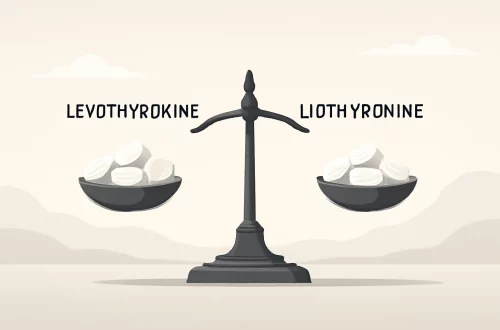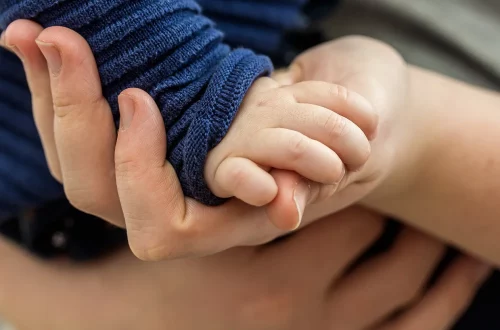The Impact of Weight Loss on Breast Appearance and Confidence
Weight loss is a journey that many individuals embark on for various reasons, including health improvement, enhanced mobility, and aesthetic preferences. As one progresses through this transformative process, the body undergoes significant changes, not just in overall size but also in the distribution of fat and muscle. One of the areas that can be most affected by weight loss is the breasts. The appearance of the breasts can change due to fat loss, skin elasticity, and body composition. This alteration can lead to a mixture of emotions ranging from empowerment to insecurity.
For many, the relationship between weight loss and breast appearance is deeply entwined with personal identity and self-worth. While some may feel more confident and liberated after shedding pounds, others may struggle with feelings of loss regarding their previous breast shape and fullness. The social implications of breast appearance can also play a considerable role in how individuals perceive themselves and their bodies. Understanding the impact of weight loss on breast appearance and the associated confidence levels is crucial for anyone considering a weight loss journey.
This exploration goes beyond mere aesthetics, delving into the psychological and emotional dimensions that accompany bodily changes. Let’s examine how weight loss can influence breast aesthetics and self-esteem, and what considerations one should keep in mind during this transformative journey.
Changes in Breast Volume and Shape Post-Weight Loss
One of the most immediate effects of weight loss on the breasts is a reduction in volume. Breasts are primarily composed of glandular tissue and adipose (fat) tissue. When weight is lost, the fat stored in the breasts is often among the first areas to be affected. Depending on the amount of weight lost, this can lead to a noticeable decrease in breast size.
Additionally, the shape of the breasts may change as a result of weight loss. For some, this can mean a less rounded appearance, leading to concerns about sagging or an overall change in breast contour. These changes can be particularly pronounced in individuals who experience significant weight loss. The elasticity of the skin plays a crucial role in how the breasts respond to weight loss. If skin elasticity is compromised, the breasts may not return to their previous shape, leading to what some may perceive as an undesirable outcome.
It’s important to note that breast changes are highly individual and can depend on various factors, including age, genetics, and the method of weight loss. For example, women with firmer skin may find that their breasts maintain a more youthful appearance after weight loss than those with skin that has lost elasticity.
In addition to physical changes, these alterations can lead to emotional responses. For some women, the reduction in breast size may lead to feelings of insecurity. This is compounded by societal standards that often equate larger breasts with femininity and attractiveness. Conversely, others may find that a smaller bust aligns more closely with their ideal body image, leading to increased confidence.
Ultimately, understanding the potential changes in breast volume and shape can help individuals prepare for the emotional journey that accompanies weight loss. Embracing one’s evolving body and redefining personal beauty standards can be liberating, even amidst the challenges.
The Psychological Effects of Weight Loss on Body Image
The psychological ramifications of weight loss are profound and multifaceted, particularly concerning body image. While many people embark on weight loss journeys with the hope of improving their physical appearance, the emotional and psychological outcomes can be just as significant, if not more so.
Weight loss can lead to an enhanced sense of self-worth for some individuals. Achieving a weight loss goal can foster a sense of accomplishment, leading to increased self-esteem. This newfound confidence may manifest in various aspects of life, from social interactions to professional endeavors. However, it’s crucial to recognize that these feelings can be complex and aren’t universally experienced.
For others, weight loss can trigger anxiety and insecurity, especially if the changes in breast appearance are not what they envisioned. The societal pressures surrounding body image can exacerbate these feelings, as media portrayals often emphasize unrealistic beauty standards. The emotional fallout from these pressures can lead to body dysmorphia or dissatisfaction, even after significant weight loss.
Moreover, the psychological impact of weight loss can be compounded by the reactions of others. Friends, family, and society can influence how individuals perceive their bodies post-weight loss. Positive reinforcement can boost confidence, while negative comments can lead to self-doubt and insecurity.
As individuals navigate the emotional landscape of weight loss, it is essential to seek support. Whether through friends, family, or professional counseling, having a support system can significantly impact how one copes with the changes in body image. Understanding that weight loss is not solely about physical transformation can help individuals embrace their journey holistically, focusing on both mental and emotional well-being.
Embracing Change: Finding Confidence in a New Body
Adjusting to a new body after weight loss can be a challenging endeavor, yet it also presents an opportunity for personal growth and self-acceptance. Embracing change involves recognizing that one’s body is a dynamic entity that can evolve over time.
To foster confidence in a new body, it’s essential to shift focus from solely physical appearance to overall health and well-being. Engaging in regular physical activity, eating a balanced diet, and practicing self-care are vital components of this journey. Rather than fixating on the size or shape of the breasts, individuals can learn to appreciate their bodies for their strength and resilience.
Finding clothing that enhances one’s new shape can also significantly impact confidence levels. Understanding how to dress for one’s new body can help individuals feel more comfortable and empowered. Whether it’s opting for supportive bras, tailored tops, or flattering silhouettes, clothing can play a vital role in how one perceives their body.
Participating in activities that promote body positivity can further enhance self-esteem. Surrounding oneself with positive influences, engaging in supportive communities, and practicing self-love can help individuals embrace their bodies as they are.
Ultimately, confidence is an internal journey. By focusing on personal achievements, celebrating progress, and fostering a positive mindset, individuals can learn to love their new bodies, including any changes in breast appearance. This journey is not just about weight loss but about self-discovery and acceptance.
In conclusion, the interplay between weight loss, breast appearance, and confidence is complex and deeply personal. Navigating this journey requires a balance of physical and emotional considerations. While weight loss can lead to changes in breast size and shape, it also offers an opportunity for growth in self-esteem and body positivity.
**Disclaimer: This article is not intended as medical advice. For any health-related issues, please consult a qualified healthcare professional.**




